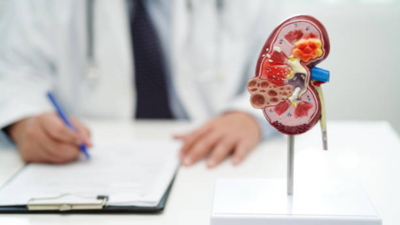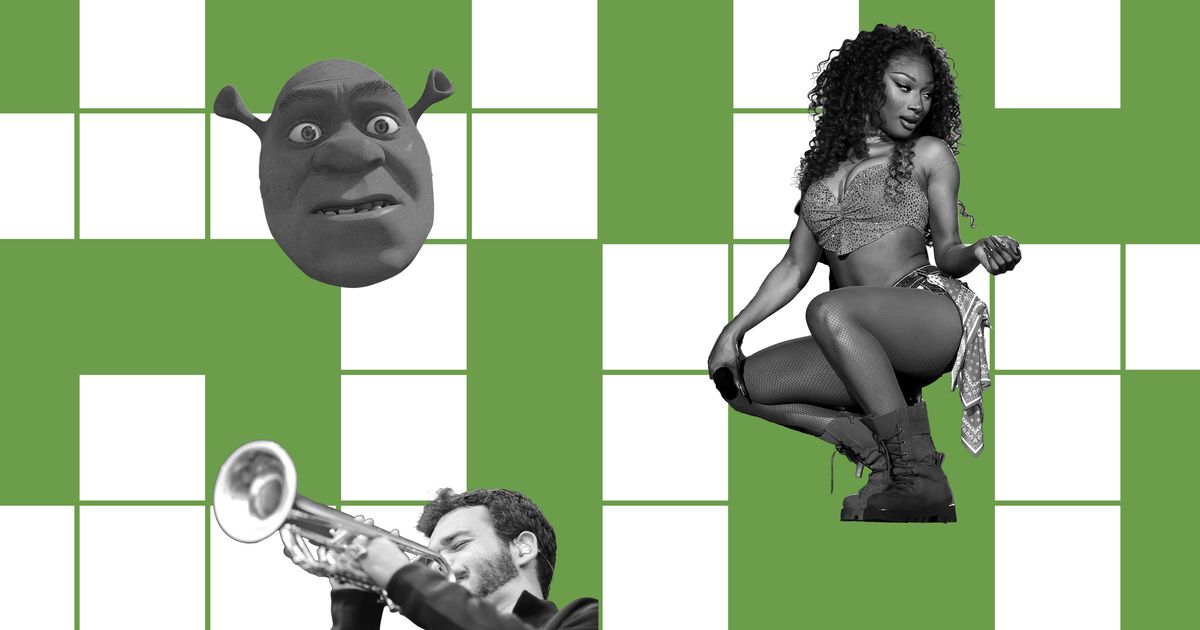Your kidneys are the body’s behind-the-scenes heroes, filtering out toxins, balancing fluids, and keeping your blood pressure in check. But if you’re munching on the wrong stuff every day, you could be stressing them out big time without even realizing it. Kidney health isn’t just about avoiding alcohol or salty snacks once in a while — it’s about what’s quietly adding up on your plate. Some everyday favorites might be silently working against your kidney function. The scary part? You don’t need to have kidney disease for damage to start. In fact, your kidneys can be under pressure long before any symptoms show up. So if you’re serious about preventing kidney damage or just want to be more mindful of your diet, here are the worst offenders hiding in plain sight — and what to eat instead.
Salty processed & packaged foods
Salt is public enemy #1 when it comes to kidney health. The US CDC slams high-salt foods, especially the “invisible” salt hiding out in canned soups, frozen dinners, chips, crackers, processed meats (like deli turkey, bacon), restaurant meals, and even sauces and salad dressings. Why? Too much sodium makes your kidneys retain water, raises your blood pressure, and speeds up kidney damage.What to do:
- Skip those “convenience” and restaurant meals when you can.
- Always eyeball the nutrition facts label—the lower the sodium, the better.
- Experiment with herbs, lemon, or vinegar for flavor. Hold the salt shaker!
Sugary drinks & colas
You guessed it, sugary sodas (especially “dark” colas) are rough on the kidneys. Not only do they contribute to obesity and diabetes (major kidney killers), but colas also sneak in a double whammy with high phosphorus content, which weak kidneys can’t process well. Too much phosphorus ends up damaging blood vessels and bones.Surprise sources:
- Dark colas and some flavored waters.
- Sweetened iced teas and energy drinks.
What to do:
- Choose plain water or unsweetened alternatives.
- If you must have a soda, switch to clear, caffeine-free versions now and then.
Fast food & packaged dinners
This one stings, right? Burgers, fries, pizza, and instant noodles are the trifecta of trouble: loaded with sodium, saturated fat, and often sky-high in both phosphorus and potassium (another mineral that can pile up in your blood if kidneys aren’t healthy).What to do:
- Limit fast food outings.
- If you do indulge, ask for food with “no added salt” and avoid extra cheese or sauces.
High-phosphorus foods
Phosphorus is an unsung villain for kidneys—if your body can’t clear it, it’ll steal calcium from your bones and tangle with your heart health. High-phosphorus foods aren’t just colas, but also:
- Processed cheese and dairy
- Beans, nuts, whole grain breads, and many
processed foods with “phos-” on the ingredient list.
High-protein animal foods
Meat-lovers, beware: eating tons of red meat, poultry, eggs, and cheese loads your body with protein that your kidneys need to filter out. Over time, excess protein makes kidneys work overtime, which is rough if you already have kidney risk factors or early CKD. Yes, you need protein, but not more than your body can use.
Potassium bombs
For most people, potassium is awesome! But when the kidneys are struggling, they can’t balance it, leading to muscle and heart problems. Foods like bananas, oranges, potatoes, tomatoes, avocados, and even some “whole wheat” breads are sneaky sources of potassium that could tip the scales.
Ultra-processed foods
Anything that’s boxed, bagged, or “ready in minutes” probably contains a cocktail of sodium, phosphorus, unhealthy fats, and advanced glycation end products (AGEs)—chemicals formed during high-temperature cooking and linked to kidney damage in multiple studies. The more ultra-processed foods you eat, the higher your risk for kidney trouble—even if you’re otherwise healthy.Disclaimer: This information is for educational purposes only and is not medical advice. Always consult your healthcare provider before making dietary changes, especially if you have kidney issues or other health conditions. Individual needs vary, and only a professional can provide guidance tailored to your specific health status. Don’t replace medical advice with this general information.



